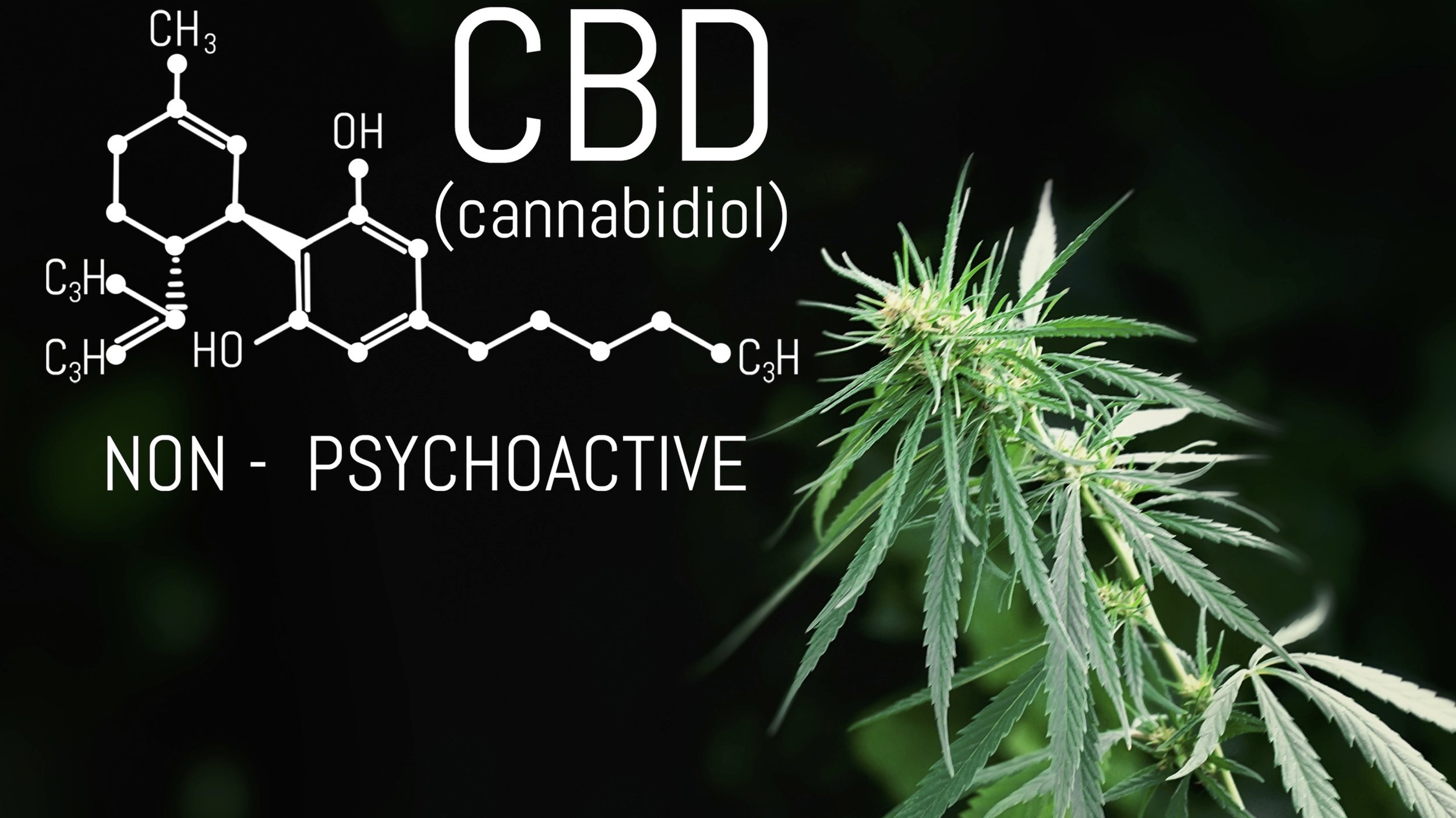A guide to CBD oil for mental and physical health
When you think of cannabis, motivation and mental acuity probably aren’t the first things that come to mind but in recent years, the scientific community has successfully challenged this stereotype specifically in regards to cannabidiol (CBD), a natural compound in the plant with a multitude of health-giving properties.
Medical cannabis
The tide really began to turn with Charlotte’s Web, a strain of medical cannabis that had near-miraculous effects in children with severe, treatment-resistant epilepsy.[1] Since then, a deluge of potential health benefits have come to light.
As legalisation spreads across the western world, professionals increasingly look to products like CBD oil as a natural way to upgrade mental and physical performance.
What is CBD oil?
CBD stands for cannabidiol, one of around 400 natural compounds in the plant Cannabis Sativa. It is legal and safe to consume. It is not however to be confused with THC, another chemical compound in cannabis that has psychoactive properties, i.e. it gets you high, CBD does not.
How does CBD work?
Talk about living in harmony with nature: the human body has an entire system designed to interact with cannabinoids.
This system has branches in the brain, thyroid, immune system, digestive tract, and almost every organ in the body. Nerve cells produce signalling molecules called endocannabinoids, which are like those in Cannabis sativa.
CBD vs THC
Unlike cannabis strains used for recreational use, CBD oil does not contain THC (tetrahydrocannabinol). CBD has no mind-altering properties, and actually counteracts the intoxicating effects of THC.
CBD as part of a natural lifestyle
Modern life can be stressful, with anxiety and sleep disruption a painful reality for many, especially those living highly tech-driven, urban lives. Reduced sleep over the course of a few days however has a severe impact on our cognitive and physical performance.
Biohacking for rest and stress
Biohackers are those who attempt to improve their physical and mental performance by manipulating their environment, nutrition, lifestyle and so on; in this case, many of them are going green in the search for new ways to rest and recharge.
Plants as medicine - ain’t nothin’ new!
Plants were, lest it needs stating, the very first medicines in human evolutionary history- nature held the remedy and relief to countless diseases thousands of years before the pharmaceutical industry began to commercialise the space.
So, while CBD may, like so many other plant-based treatments, be an old remedy, modern medicine hasn’t quite caught up, partly due to taboo and confusion over its place within the marijuana industry /drug trade.
This is an exciting time for new scientific studies being published as legislation frees up the industry; data is still in its relative infancy but the signs are positive.
CBD for pain and inflammation
Experts believe that CBD could help with pain relief. The body’s cannabinoid system has a role in pain signalling and CBD could block these signals.[2] [3] Some research also indicates that CBD could be useful in inflammatory conditions like Crohn’s disease [4]
CBD for anxiety and improved mood
Scientists are interested in the role of endocannabinoids in the fight-or-flight response. CBD could be a potential treatment for anxiety and panic disorders, as well as PTSD.5] One study also showed that CBD had an antidepressant effect in mice.[6]
Improved sleep
If CBD can calm the mind, it follows that it could improve sleep quality. This is supported by rodent studies, which put forward CBD as a future treatment for insomnia.[7] [8]
Addiction treatments
One proven way to improve future wellness is to quit smoking, and CBD may be of benefit in this area too. Endocannabinoids act in parts of the brain that control psychological reward. If CBD can block signals that trigger addiction, it could be useful for drug, alcohol and nicotine dependence.[9]
Neuroprotection
It hasn’t been tested in humans yet, but pre-clinical trials suggest that CBD could protect brain cells. This is relevant to conditions like Alzheimer's, Parkinson's, stroke and multiple sclerosis.[10]
Noootropics
For our thoughts on other biohacking supplements in the ‘nootropics’ category, see here and here.
References
[1] https://onlinelibrary.wiley.com/doi/full/10.1111/epi.12610
[2] https://www.ncbi.nlm.nih.gov/pubmed/21426373
[3] https://www.ncbi.nlm.nih.gov/pubmed/28934780
[4] https://www.ncbi.nlm.nih.gov/pubmed/22815234
[5] https://www.ncbi.nlm.nih.gov/pmc/articles/PMC6066583
[6] https://www.who.int/medicines/access/controlled-substances/5.2_CBD.pdf
[7] https://www.sciencedirect.com/science/article/pii/S0028390811003467
[8] https://www.ncbi.nlm.nih.gov/pubmed/28349316
[9] https://www.ncbi.nlm.nih.gov/pmc/articles/PMC4444130/
[10] https://www.researchgate.net/publication/314080489
